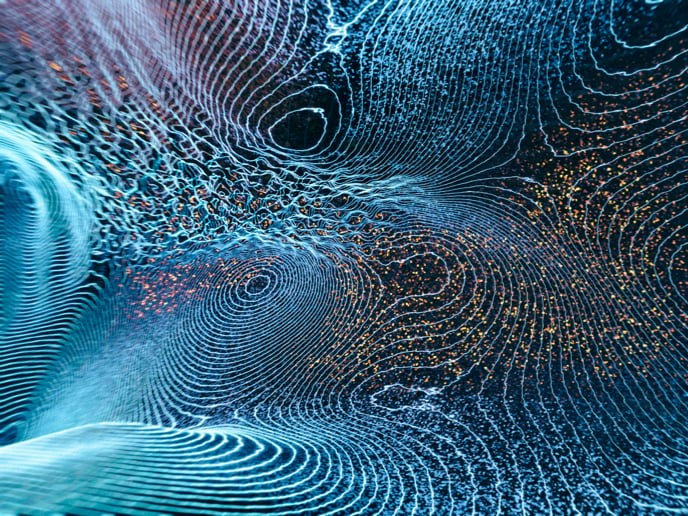Metaverse & the Disruption of the Internet
While the term “metaverse” can be traced back to Neal Stephenson’s 1992 sci-fi book, “Snow Crash,” the ideas behind what will be the next evolution in the internet are finding their moment today—driven by the convergence of technology and societal trends that are demanding wholesale changes in how this reality works, and who controls it.
“The metaverse is a massively scaled and interoperable network of real-time rendered 3D virtual worlds, which can be experienced synchronously and persistently by an effectively unlimited number of users, and with continuity of data—such as identity, history, entitlements, objects, communications, and payments.” 1
As it stands today, the internet already meets most of the requirements for classification as a metaverse. But the history of the internet’s evolution, and its tendency toward centralized market power, is pointing to a path away from the idealized definition of a metaverse. The internet’s original purpose was to enable file sharing between academics. In other words, there were no explicit commercial drivers behind its growth. The internet and the infrastructure created to enable it ended up setting the conditions for the winner-takes-most digital advertising and social media power centers that are Facebook, Google, Amazon, Alibaba and Tencent. Crucially, this centralization of power makes it harder to meet the metaverse’s requirements for “continuity of data” and “unlimited numbers of users” due to inter-operability challenges.
The hand-wringing and investor angst that followed the Chinese authorities’ insistence that the walled gardens of Tencent and Alibaba open their ecosystems to allow links into their competitors’ domains was evidence enough of how valuable the centralized nature of each of the aforementioned platforms actually is. The metaverse, inasmuch as it requires inter-operability and continuity of data and digital assets across environments, is a major threat to the status quo.
1. Source: MatthewBall.vc. As of June 29, 2021.






